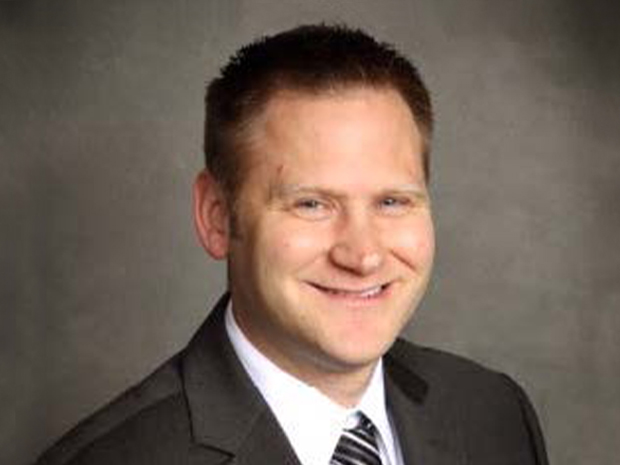On Aug. 26, 2019, Illinois Governor J.B. Pritzker signed Senate Bill 1515, providing a 30-day individual income tax safe harbor for certain nonresidents for tax years ending on or after Dec. 31, 2020. Employees working in the state pursuant to a disaster declared by the governor or the president are not included in the 30-day threshold.
The new law helps provide clarity to employers on when Illinois withholding is required. Currently, compensation is considered paid in the state under the following three conditions: 1) when the individual service is performed entirely within the state, 2) when the service is performed both within and outside the state but the service performed outside the state is incidental to the service performed within the state, or 3) when some of the service is performed within the state and either the base of operations or the place from which the service is directed or controlled is within the state, or the base of operations or the place from which the service is directed or controlled is not in any state in which some part of the service is performed, but the individual's residence is in the state.
Senate Bill 1515 amends the third condition for tax years ending on or after Dec. 31, 2020, to consider compensation paid if the individual’s service performed in the state is non-incidental to the service performed outside of the state and the service is performed in the state for more than 30 “working days” a tax year. A working day is generally defined as any day when the individual performs duties on behalf of an employer. The base of operation and the direction of control determination will no longer be required.
In order to track the time spent in the state, employers may use a time and attendance system or obtain written statements from the employee of the number of days spent performing the services in the state.
There is currently no minimum day threshold or safe harbor available to nonresidents working both in and outside of Illinois.
Federal mobile workforce legislation
Federal mobile workforce proposals have been introduced in the last few congressional sessions with little legislative progress. The proposals provide a federal solution to the continuing controversy over whether there should be a national standard for the minimum amount of time an employee must work in a non-resident state before incurring a state income tax liability requiring the employee to file an income tax return, and the employer to withhold and remit payroll taxes.
The proposals would generally prohibit the wages earned by an employee who performs employment duties in more than one state from being subject to state income tax in a state other than the state of the employee's residence, unless the employee is in the state for more than 30 days during the calendar year. The proposals also exempts employers from state income tax withholding and information reporting for employees performing employment duties in a state for fewer than 30 days.
Legislation known as the Mobile Workforce State Income Tax Simplification Act passed the U.S. House of Representatives in each of the last two sessions - in June of 2017 and September of 2016. The Mobile Workforce State Income Tax Simplification Act of 2019 (Senate Bill 604) was introduced in the current session in February. While the measure has bipartisan support, the recent history of these proposals, possible resistance in the House Judiciary Committee, and upcoming elections, suggest that there is a low likelihood of the act passing congress.
Takeaways
State nonresident income and withholding standards vary greatly – some states impose an income tax liability on the first day worked in the non-resident state, while many others offer safe harbors or minimum thresholds before liability attaches. Adding to the burden and complexity of state laws, some state thresholds for withholding are not identical to resident income tax withholding thresholds. Multistate businesses must increasingly navigate complex administrative and regulatory landscapes due to the growing number of employees that conduct business travel to non-resident states. As travel among the states increases, so does the cost to comply with each state’s separate requirements.
The Illinois standard appears similar to the recent federal proposals and may be an indication that some states would support a federal solution. Businesses with mobile employees with questions about the new Illinois law or with general withholding questions should speak to their state tax adviser.




